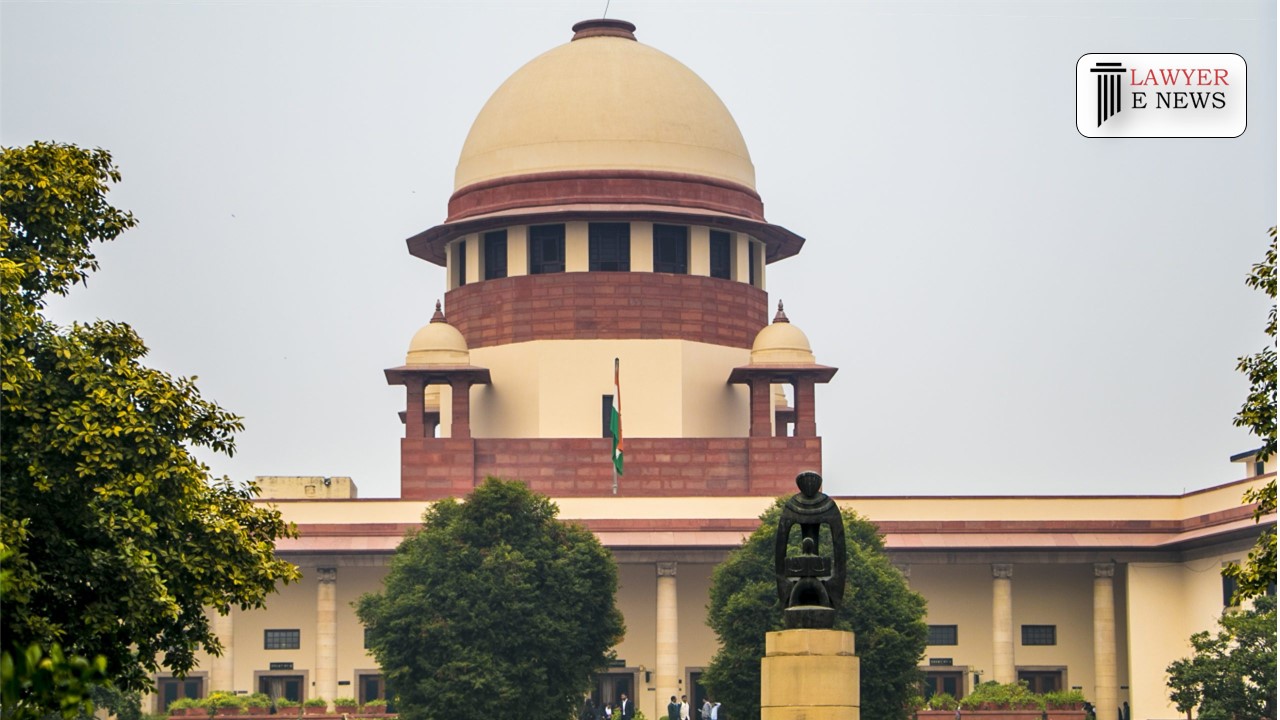-
by Admin
15 February 2026 5:35 AM



On 17 May 2023, Supreme Court of India recently upheld the order of the National Consumer Disputes Redressal Commission (NCDRC) and dismissed the appeal filed by an insurance company. In its judgment, the Court took note of the surveyor's report, which indicated that the loss occurred due to the insured peril and that the claim was admissible. The insurance company, however, failed to provide satisfactory reasons for rejecting the surveyor's report. Consequently, the Court concluded that the insurance company had not fulfilled its burden of proving that the loss was caused by a malicious act.
The case pertained to a dispute between National Insurance Company Ltd. (appellant) and Vedic Resorts and Hotels Pvt. Ltd. (respondent). The appellant had challenged the judgment and order of the NCDRC, which directed the insurance company to pay a sum of Rs. 202.216 lakhs to the respondent along with interest. The insurance company had repudiated the respondent's claim, alleging that the loss suffered by the respondent was a result of a malicious act and fell within the exclusions under Clause V(d) of the Insurance Policy.
The respondent, running a resort in West Bengal, had obtained two insurance policies from the appellant, covering the resort buildings and hotel buildings. According to the respondent, a mob of individuals entered the resort premises and caused damage to the insured property. The incident was reported to the police, and two FIRs were registered in relation to the matter.
The insurance company contended that the damage to the insured property was a consequence of the respondent's malicious act, as they had harbored criminals involved in illegal activities. However, the Supreme Court noted that there was insufficient evidence to establish that the entire incident and the resultant damage were caused by the respondent's malicious act. The Court emphasized that in cases of ambiguity in insurance contracts, the contract should be construed in favor of the insured.
Based on these findings and considering the insurance company's failure to provide satisfactory reasons for rejecting the surveyor's report, the Supreme Court dismissed the appeal, upholding the NCDRC's order in favor of the respondent.
DATE OF DECISION: 17th May 2023
NATIONAL INSURANCE COMPANY LTD. vs VEDIC RESORTS AND HOTELS
